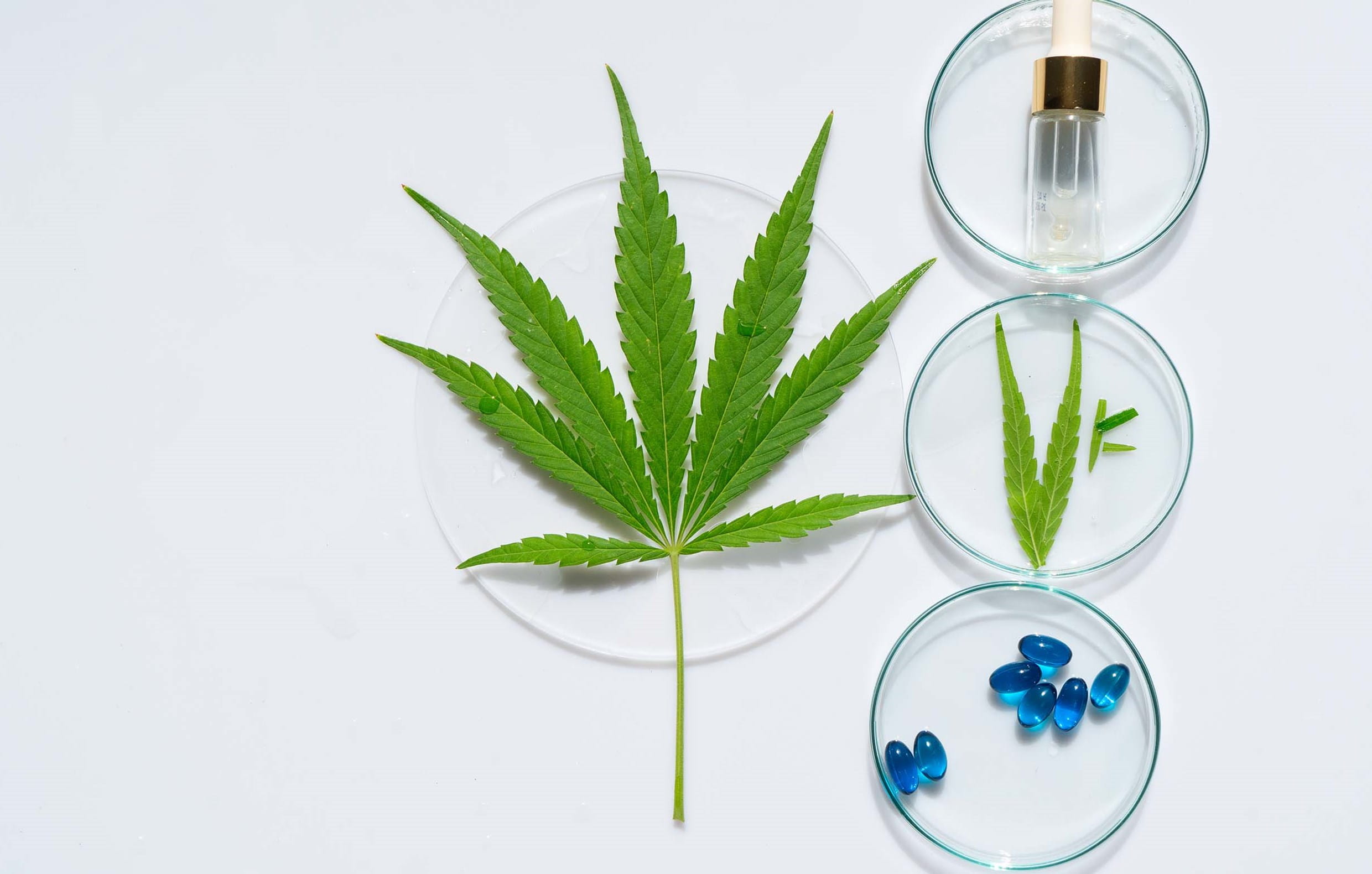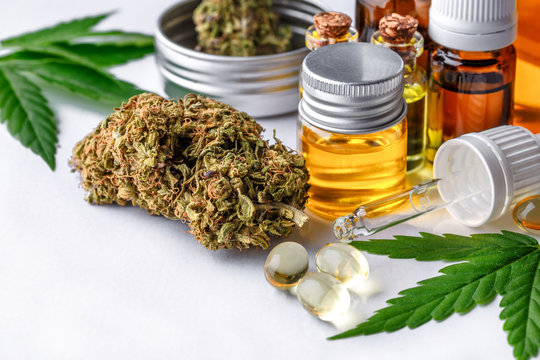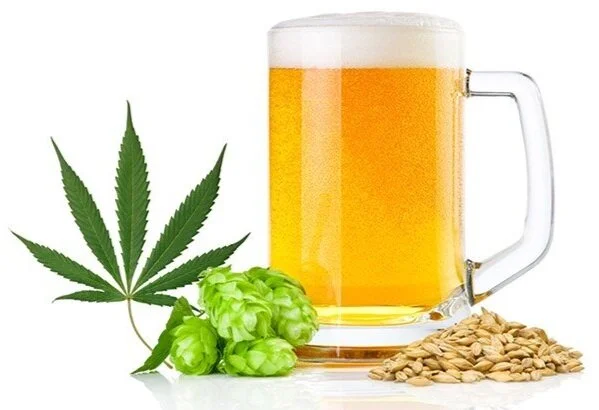
Cannabis and Creativity: Best Practices for Artists, Writers, and Designers
For centuries, creative minds have sought ways to unlock inspiration, enhance focus, and break free from mental blocks. Cannabis has
FREE SHIPPING ON ORDERS OVER $99 | 10 points = $1

Grief and trauma have a way of embedding themselves in the body and mind, surfacing unexpectedly, and disrupting emotional balance. In recent years, the search for gentler, plant-based tools to support healing has led many to cannabis, especially THC-rich strains, as well as psychedelic mushrooms in forms like magic mushroom microdose capsules, dried mushrooms, and mushroom edibles.
While psychedelics like psilocybin are often in the spotlight for emotional healing, cannabis—particularly when used with intention—can also be a powerful ally in the emotional processing of grief, loss, and trauma.
But how exactly does THC support emotional release? And how does it compare to tools like magic mushrooms or microdosing?
Emotional processing involves:
Trauma, in particular, often causes emotional numbness, dissociation, or hypervigilance. Grief may create looping sadness, guilt, or unresolved longing. Both require gentle, sustained efforts to integrate the emotional pain.
THC interacts with the endocannabinoid system, helping regulate mood, memory, and fear responses. In small, mindful doses, it can:
This can be especially helpful for individuals struggling with emotional paralysis or overprocessing.
THC lowers emotional defenses and, in the right setting, enables people to:
This gentle “opening” mirrors the effect of microdosing magic mushroom capsules, which also help users access and regulate emotion with subtlety.
Grief and trauma often disconnect people from their bodies. THC, especially from Indica-dominant strains, can:
When paired with practices like yoga, breathwork, or somatic therapy, THC can support emotional integration through physical release.
While magic mushrooms (psilocybin) and cannabis both influence mood and perception, they function differently:
| Feature | THC (Cannabis) | Magic Mushrooms (Psilocybin) |
|---|---|---|
| Onset & Duration | 5–60 mins (depending on method); 2–6 hrs | 30–90 mins; 4–6 hrs (or longer) |
| Intensity | Milder, dose-dependent | Can be intense or deeply immersive |
| Emotional Access | Gentle and somatic | Deep, often visionary or spiritual |
| Integration Time | Minimal post-processing needed | May require days of reflection or journaling |
| Best for | Day-to-day support, emotional grounding | Deeper emotional breakthroughs |
Forms like dried mushrooms or microdose capsules are becoming popular for emotional regulation. When taken in micro amounts (100–250 mg), psilocybin may:
Much like THC, mushroom edibles can soften emotional defenses, but they offer a wider range of insight, particularly around existential themes—like the nature of death, loss, or forgiveness.
While some users experiment with combining THC and psilocybin, this should be approached with caution and intention. It can result in:
For grief and trauma, starting with either THC or mushroom microdose capsules individually is usually a better choice to gauge personal response.
Yes—THC can offer a safe, gentle entry point into the emotionally raw world of grief and trauma. While it may not provoke the same deep visions as a magic mushroom journey or dried mushroom macro-dose, it offers something just as vital: a compassionate, day-to-day companion in the slow process of emotional recovery.
https://buycheapweed.cc/product-category/mushroom-edibles/When used mindfully, THC—like mushroom edibles or microdose capsules—can help people reconnect to their emotions, reduce suffering, and begin to feel whole again.

For centuries, creative minds have sought ways to unlock inspiration, enhance focus, and break free from mental blocks. Cannabis has

In a world where social pressure, digital distraction, and anxiety are on the rise, the ability to feel present, grounded,